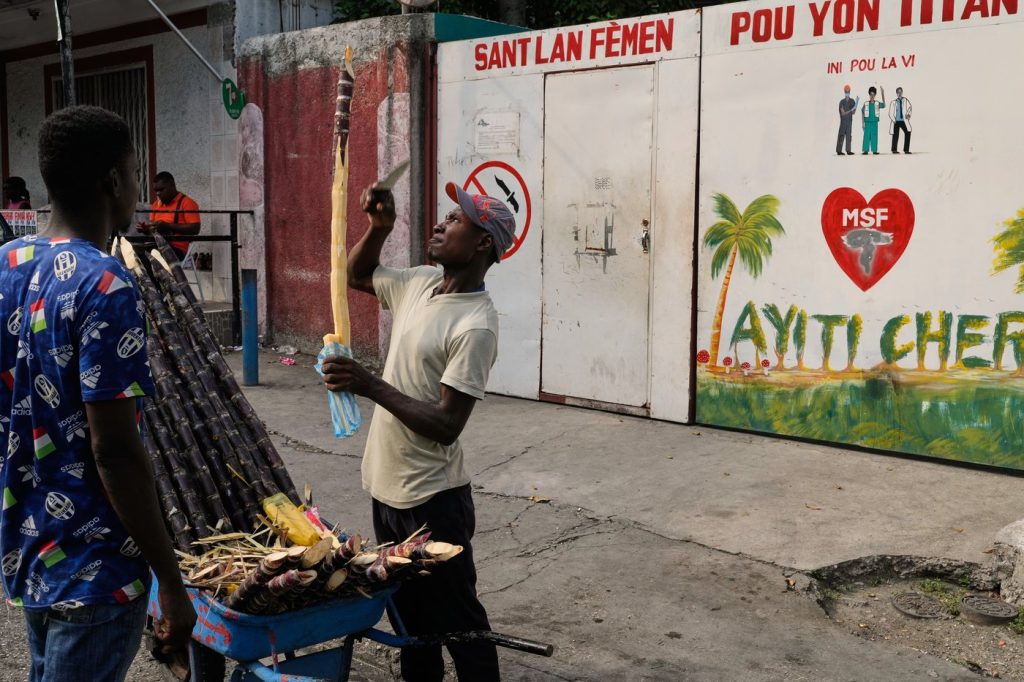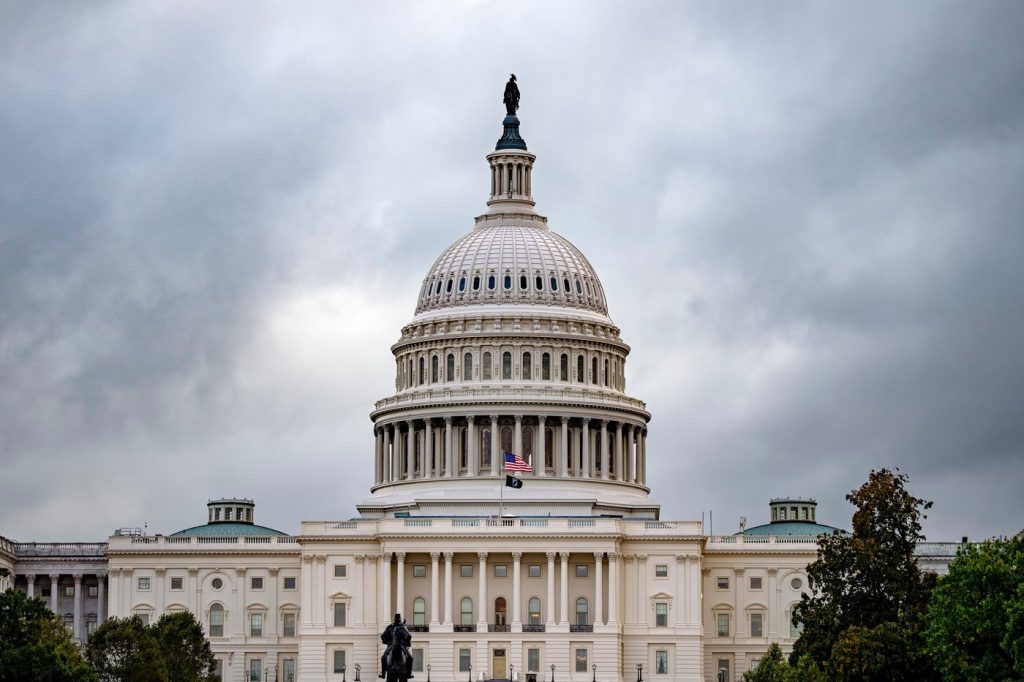PORT-AU-PRINCE, Haiti (AP) — Doctors Without Borders (Médecins Sans Frontières, MSF) announced on Wednesday the permanent closure of its emergency care center in Port-au-Prince, a facility that had become a crucial resource amid escalating violence in the city, now reported to be approximately 90% controlled by gangs. The decision follows a substantial surge in gang-related incidents, which have rendered over 60% of health facilities in the capital, including Haiti's general hospital, either shuttered or non-operational.
The organization’s emergency center, previously situated in the Turgeau neighborhood, was forced into temporary closure in March 2025, following an attack where armed assailants fired upon vehicles evacuating staff. Fortunately, the injuries sustained by the employees were described as minor. Jean-Marc Biquet, the head of MSF mission in Haiti, stated that the facility had suffered multiple instances of stray gunfire due to its proximity to active combat zones, which made it perilous to resume operations for both patients and healthcare staff.
Prior to the March incident, the emergency center had made significant contributions by treating over 300 patients within just a week from February 24 to March 2. Notably, in February alone, the facility managed to carry out more than 2,500 medical consultations, underscoring its vital role in the community. The center originally opened in Martissant in 2006 but was moved to Turgeau in 2021 due to safety concerns. Throughout its time in Turgeau, from 2021 to March 2025, the center provided care to more than 100,000 patients.
The human impact of the violence has been dire; from January to June of this year, reports indicate that over 3,100 individuals were killed across Haiti, with an additional 1,100 injured, according to the United Nations. The rise in gang violence has also contributed to a significant humanitarian crisis, displacing a record 1.4 million people, which marks a 36% increase since the end of 2024. This uptick in displacements, as reported by the U.N. International Organization for Migration (IOM), has seen nearly two-thirds occurring outside Port-au-Prince, notably in Haiti's central region.
As the violence continues to escalate, makeshift shelters for the displaced have also surged, climbing from 142 in December to 238 so far this year, signaling a growing humanitarian need. The significant deterioration of the security situation has left communities vulnerable, with limited access to essential healthcare services and basic needs being unmet.
The Associated Press












